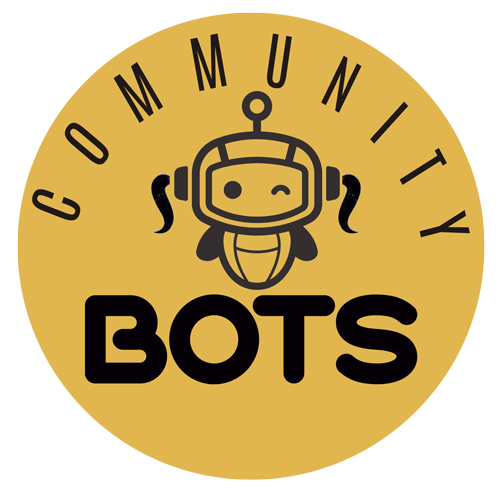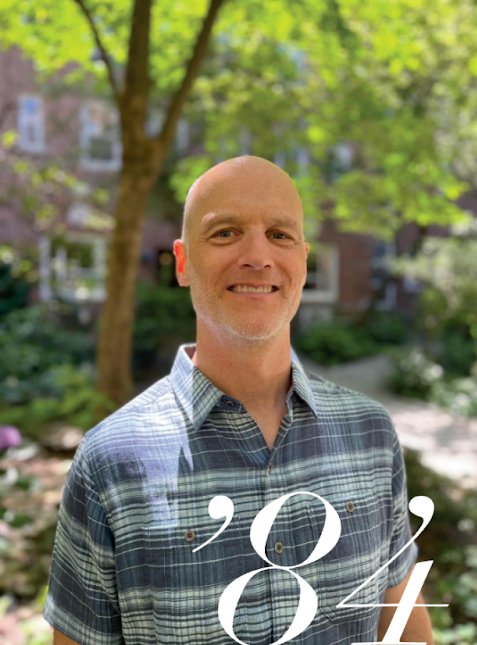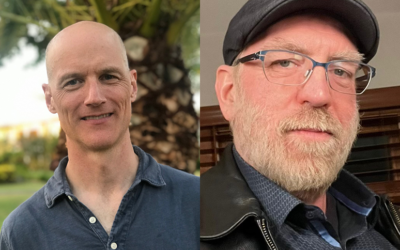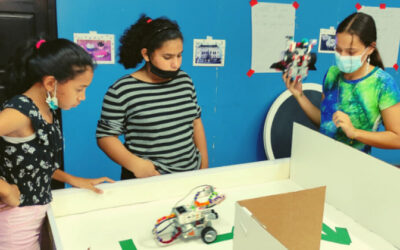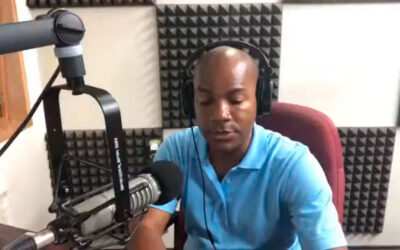April 20, 2025 Deerfield Magazine (pages 56 and 57)
Nothing delights Jack Cooley ’84 more than seeing children simultaneously learning and having fun. He is particularly enthusiastic about witnessing young women discover the joys of STEM, a mission he pursues as co-founder and executive director of The Community Bots, a program whose mission is to support learning in STEM robotics for young women and their teachers in underserved communities around the world.
Currently head of the science and engineering department at the Allen-Stevenson School, a private, all-boys K-8 school in New York City, Cooley previously taught at the independent, all-girls Chapin School, where his determination to stimulate young women’s interests in STEM was born.
Shortly after arriving at Chapin, explains Cooley, he was asked to lead a new robotics program. Upon enrolling in a teacher training program at Tufts, he was surprised to discover his classmates were all male. “I remember one person telling me, ‘Girls just aren’t going to be into this,’ a statement which surprised me.”
Around the same time, he continues, he attended a Chapin faculty presentation on gender equity in play given by MIT Biology Professor Nancy Hopkins. “She told us, ‘The push for equality must start with middle and high school faculty like you. Unconscious biases are planted in minds at an early age, so you need to start encouraging these girls to seek equity now.'” For Cooley, the message, coupled with his training experience, was inspirational. “It gave me the internal push I needed to start advocating for girls in STEM,” he says.
After launching Chapin’s robotics program and guiding it to numerous successes, Cooley realized he was onto something. “I really enjoyed orchestrating educational experiences for my students that involved a lot of agency and creativity,” he explains. “I saw the girls having fun without realizing they were also learning. Seeing them brainstorming, collaborating, and inventing was incredible, and I realized I wanted to do more to breach the gender gap in STEM.”
So, in 2014, he and fellow STEM educator Ana Agón co-founded The Community Bots. Launched in New York, the program now serves eight sites in five countries: Colombia, the Dominican Republic, Jamaica, Nicaragua, and the United States, and continues to expand. “We did a one-off program in Spain, and we hope to launch a program in Costa Rica with the help of a corporate sponsor,” Cooley enthuses. “I would also like to scale up here in New York.”
The premise of The Community Bots is simple: provide academic and socio-economic support to young women interested in engineering so that they can pursue higher education and careers in STEM fields. The organization works together with host schools and/or nonprofit partners to create STEM robotics programs in local communities. Asked how partner communities in other countries are identified, Cooley says that it’s largely word of mouth. “Our countries chose us… someone familiar with our program knows someone in the country and the conversation begins.”
Programs are developed in stages over a series of years. Once a partner is identified, facilitators and key administrators participate in a virtual training program and co-lead a student course. Training continues remotely over several years, in preparation for in-person training subsequently administered by The Community Bots trainers at the partner site. These trainers also deliver donated equipment, laptops, and curriculum materials to the partner site and ensure that local teachers have the training and resources to enroll their students in a robotics competition within one year.
As students progress through their education, The Community Bots continues to supply remote support and assist the partner site in creating a STEM-robotics center where secondary school students can continue their education, prepare for college, seek STEM-related internships, and work with women mentors from the academic and private sectors. “In many respects, we’re consultants,” observes Cooley. “We’re not on the ground in our partner countries full time, at least not yet, so we always try to partner with nonprofits who have established relationships with schools or after-school programs.”
Although delighted by the program’s growth, Cooley admits much work remains. “It took a while, but we’ve managed to create a wonderful board that’s representative of what we do,” he observes. “Now we’re working to bolster our cadre of women mentors because research shows that STEM experience, when coupled with strong mentorship, has real effects.”
Fellow Deerfield graduate David Kinsley ’84 is among those who serve on The Community Bots Advisory Board. As the president of Kinsley Group, an energy solutions company based in the Northeast, he has seen firsthand the need for more women in STEM. “There’s a dearth of females in our industry,” says Kinsley. “It’s starting to change, but there’s much to be done. The Community Bots is a beautiful, brilliant way to break down the gender barriers that currently exist in STEM professions.” Learning is best through experience, and seeing these young women having fun and realizing victories in the realm is so encouraging,” continues Kinsley. “And there’s no substitute for having these experiences at an early age.”
Inspired by his affiliation with The Community Bots, Kinsley says he would love to see more fellow Deerfield graduates involved with the organization. “What The Community Bots needs most is engaged supporters, people who can help Jack leverage his vision and passion for this work,” Kinsley asserts. “I would encourage alums from Deerfield to get involved, whether through work or wealth, particularly those working in STEM fields. The research shows that more young women pursue careers in STEM when they have positive role models, particularly at an early age.”
Cooley concurs. “I would love to hear from members of the Deerfield community who would like to get involved with The Community Bots. There’s room for all sorts of commitments, from working with our junior or advisory boards to mentoring or sitting on our board of directors. Enthusiasm and excitement displayed by the girls as they build robots, enter competitions, and meet with success are infectious. Jack and I both have daughters, and we’re committed to supporting equalization of opportunities in this sector—the more diversity, the better.
